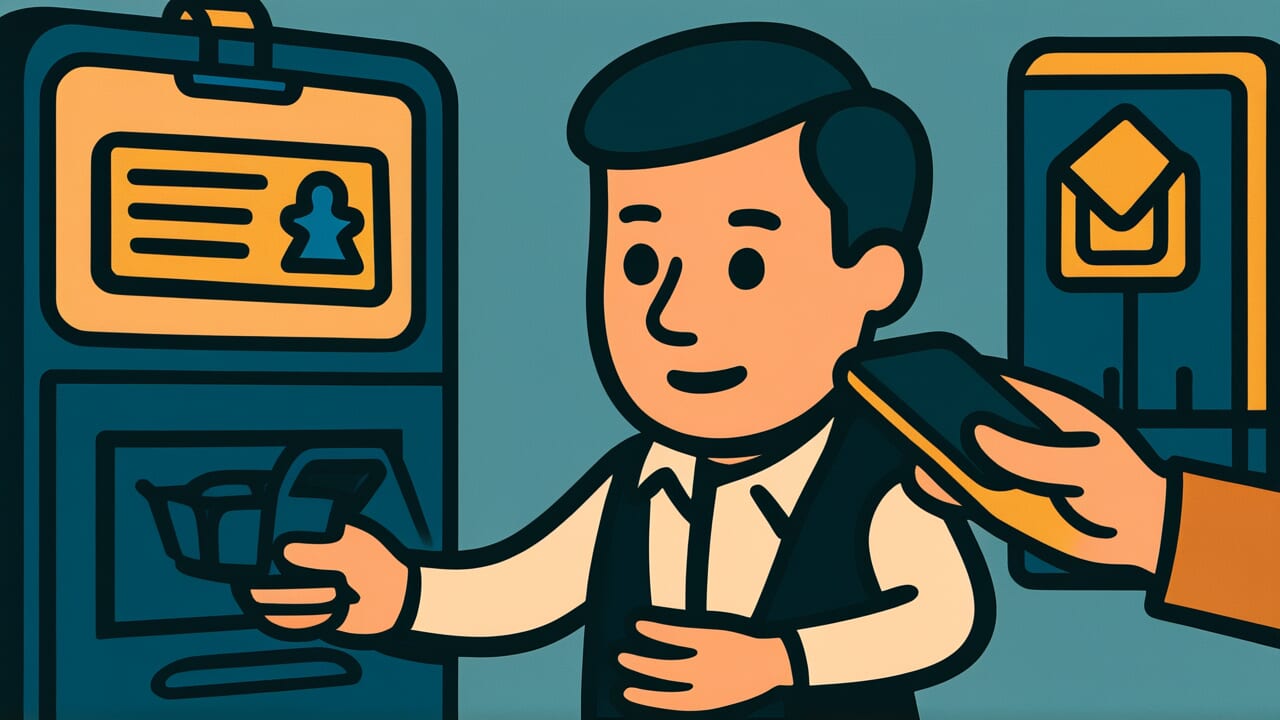How to Read “Buying is better than receiving”
Kau wa morau ni masaru
Meaning of “Buying is better than receiving”
“Buying is better than receiving” means that something you purchase with your own money has more value than something you get for free from someone else.
This isn’t just about money. When you buy something yourself, you develop attachment to it and treat it carefully.
On the other hand, things you get for free are harder to appreciate. You tend to treat them carelessly.
Also, when you receive things from others, you feel obligated to them. You have to be considerate and mindful of that relationship.
But when you buy something yourself, you can use it freely without worrying about anyone. This psychological freedom is another reason why buying is “better.”
This teaching still applies today. It shows the importance of obtaining things through your own efforts rather than relying on others or trying to get things for free.
What you buy with money you earned yourself carries value as proof of your effort.
Origin and Etymology
The exact first appearance of this proverb in literature is unclear. However, it’s believed to have been widely used among common people during the Edo period.
Looking at the structure, it compares two contrasting actions: “buying” and “receiving.” It concludes with the verb “masaru,” which indicates superiority.
The background of this expression likely relates to the development of Japanese commercial culture. During the Edo period, a monetary economy took root.
People began purchasing necessities with money earned through their own labor. In such a society, the difference between receiving things from others and buying them yourself became deeply ingrained in people’s consciousness.
What’s interesting is that this saying focuses not just on economics but on psychological aspects. It recognizes a fundamental human trait: people take better care of things they bought with their own money than things they got for free.
It also reflects subtle psychology in human relationships. Receiving things from others comes with obligation and hesitation, but buying things yourself means you can use them without worry.
This wisdom born from common people’s lived experience crystallized into a simple phrase. It has been passed down through generations.
Usage Examples
- Someone offered to sell me something cheap on a resale app, but I think I’ll buy it new myself. After all, buying is better than receiving
- My parents offered to give me their car, but I’d feel more attached to one I bought by working myself. Buying is better than receiving, as they say
Universal Wisdom
“Buying is better than receiving” brilliantly captures the essence of human psychology regarding ownership. Why do people treasure things they bought themselves more than the same things received as gifts?
It’s because those things are connected to their own labor and effort.
Humans naturally feel special value in things they obtained through their own sweat. Since the hunter-gatherer era, people have survived by chasing prey and gathering nuts themselves.
The time and effort spent in that process increased the value of what they obtained. This feeling hasn’t changed in today’s monetary economy.
Things you buy with money you earned carry your time and labor behind them.
This proverb also teaches the importance of independence in human relationships. Receiving things from others creates debt in that relationship.
People instinctively feel more pride in standing on their own than depending on others.
This wisdom has been passed down through ages because it shows a universal truth. Human dignity is rooted in independence and effort.
Our ancestors knew that true richness lies not in the quantity of things but in the process of obtaining them.
When AI Hears This
The human brain feels “the pain of loss” the moment it pays money. Research in behavioral economics shows this pain actually produces important psychological effects.
For example, with the same mug, someone who paid 1000 yen feels it’s worth about 1500 yen on average. But someone who received it free feels it’s worth only about 700 yen.
In other words, the act of payment itself raises the value of an object by more than double.
Behind this phenomenon is the “sunk cost effect.” The human brain has a strong motivation not to waste costs already paid.
People think “I paid money for this, so I should use it carefully” with purchased items. But with received items, they think “it was free” and treat them carelessly.
This psychological mechanism ultimately leads to habits of using things longer and making careful purchase decisions.
What’s more interesting is that paying creates “responsibility for choice.” Through the process of choosing and paying money yourself, the brain becomes deeply involved in decision-making.
This cognitive effort strengthens attachment to the acquired object. When receiving something for free, this selection process is skipped, so the psychological connection becomes weaker.
This proverb managed to recognize these quirks of human economic judgment without any experimental data.
Lessons for Today
What this proverb teaches modern people is the wisdom not to jump at “free” or “no cost” too easily. Modern society overflows with free samples, trial products, and giveaway campaigns.
But things you truly need are worth obtaining with your own money.
The act of buying with money you earned yourself has deep meaning. It means exchanging the compensation you gained by spending time and effort for something you really want.
Going through this process changes your relationship with things. The feeling of wanting to treasure them naturally arises, leading to long-term use.
Also, obtaining things through your own power rather than relying on others builds independence. Not depending on someone’s goodwill, but standing on your own feet.
This attitude brings pride and confidence to your life.
Of course, accepting people’s kindness isn’t bad. But for truly important things, obtain them through your own power.
That determination will make your life richer and more fulfilling.



Comments